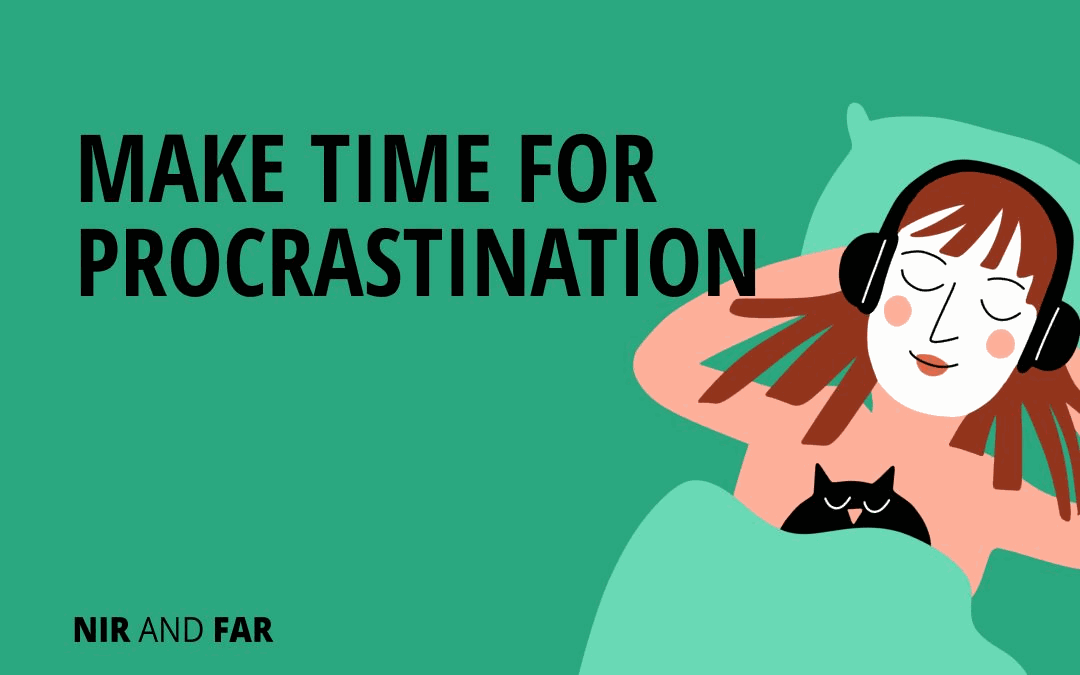If you haven’t finalized your New Year’s resolutions, consider committing to binge-watch a show on a regular basis.
Okay, it doesn’t have to be binge-watching. Another guilty-pleasure-esque activity works, too. Perhaps your preferred procrastination is jamming to ‘80s music videos on YouTube or browsing Amazon for new gadgets. Whatever it is, set aside time for it and do it. People make time for what they want, as the saying goes.
Anyone who knows me might wonder who hacked into my account to write this under the name of Bryan Gentry. I rarely watch TV or movies and in the past I’ve been more likely to admonish against non-productive tasks. I may have even waxed preachy about it, for which I now repent. A little.

Scheduling time for distraction is an odd resolution, but it might make you feel better and help you reach your other goals.
Research on binge-watching and self-control
The researchers wanted to learn about the relationship between self-control and the emotions we experience while binge-watching. They surveyed 280 people to learn about their self-control abilities and their emotions throughout their last experience with binge-watching.
The results showed that people with less self control experienced a quick rise in happiness when they started watching the first episode of their binge-watching session. However, as they continued watching for hours, they felt more guilt and sadness.
Meanwhile, people with higher self control had a higher level of happiness after binge watching, along with lower levels of tiredness, boredom, guilt and sadness. “These associations are partly explained by binge-watching interfering less with higher order goals for highly self-controlled participants,” the authors write.
Here are a few key quotes that summarize the authors’ conclusions well:
“Unplanned binge-watching sessions were associated with raised levels of guilt and boredom and the presence of conflict with other goals appeared to impair the experience of binge-watching.”
“This is in line with research suggesting that binge-watching is sometimes the result of a self-control failure (a guilty pleasure) and at other times a planned guilt-free activity.”
“In this study, people with high trait self-control seemed to have organized their binge-watching so that it did not interfere markedly with their higher order goals.”
Feast-watching vs. cringe-watching
The study’s authors cite another paper that found a difference between two different ways to binge on TV.
“Cringe-watching” is “solo, accidental, and distracted,” and this activity leads to more regret and lower well-being.
“Feast watching,” on the other hand, is described as “planned, social, and attentive” and it is associated with more positive experiences.

When it’s alone, unplanned and distracted, binge-watching is less healthy.
Timebox that procrastination (and your goals, too)
The writing of Nir Eyal (Hooked and Indistractable) introduced me to the concept of timeboxing, a process of blocking out time for specific tasks, or categories of tasks, throughout the week, with the schedule based on our values and goals. “By turning our values into time, we make sure we have time for traction,” Eyal writes. (Check out his guide for starting timeboxing in 2023.)
You then follow your time-boxed calendar with no regrets. If catching up on Stranger Things for three hours a week is important to you, schedule it and do it.
I’ve engaged in some small-scale timeboxing, such as when I was in grad school or when I wrote a novel in one month. I recently started working on a more granular timebox calendar where I have set aside specific times for email, social media, Duolingo, exercise, hobbies, and family.
And, apparently, I’m going to schedule some time for the behaviors I’ve used for procrastination in the past, like watching TV and reading webcomics.

Time for your New Year’s resolutions.
New Year’s resolutions
Related Articles
- Schedule Maker: a Google Sheet to Plan Your Week
- Habit Tracker Template in Google Sheets
- The Ultimate Core Values List: Your Guide to Personal Growth
- Timeboxing: Why It Works and How to Get Started in 2024
- An Illustrated Guide to the 4 Types of Liars
- Hyperbolic Discounting: Why You Make Terrible Life Choices
- Happiness Hack: This One Ritual Made Me Much Happier

